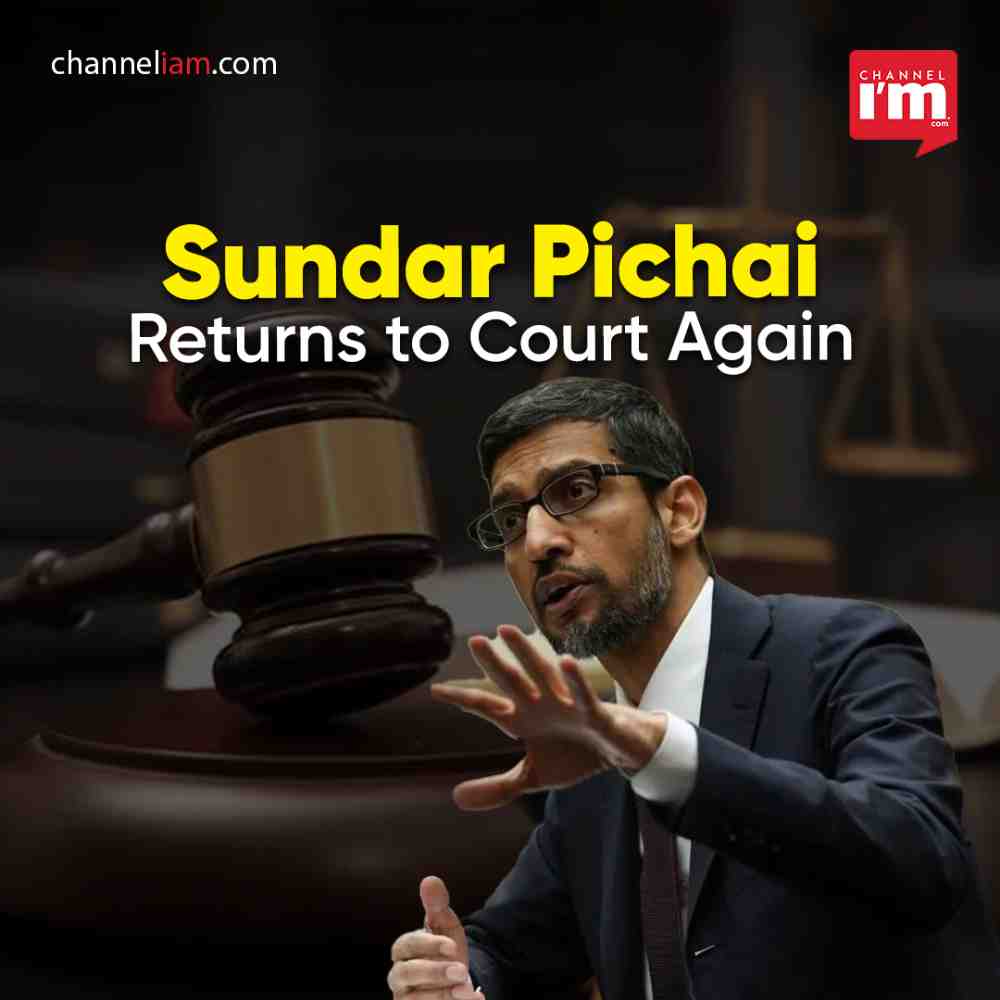
Sundar Pichai, the CEO of Google, was called before a federal court for the second time in two weeks to provide testimony in an antitrust case that could bring down a key figure in the internet giant he helped establish.
During his most recent court appearance in San Francisco, Pichai defended the business methods of the Google Play Store—which distributes apps for the company’s Android software, which powers the majority of smartphones worldwide—for more than two hours.
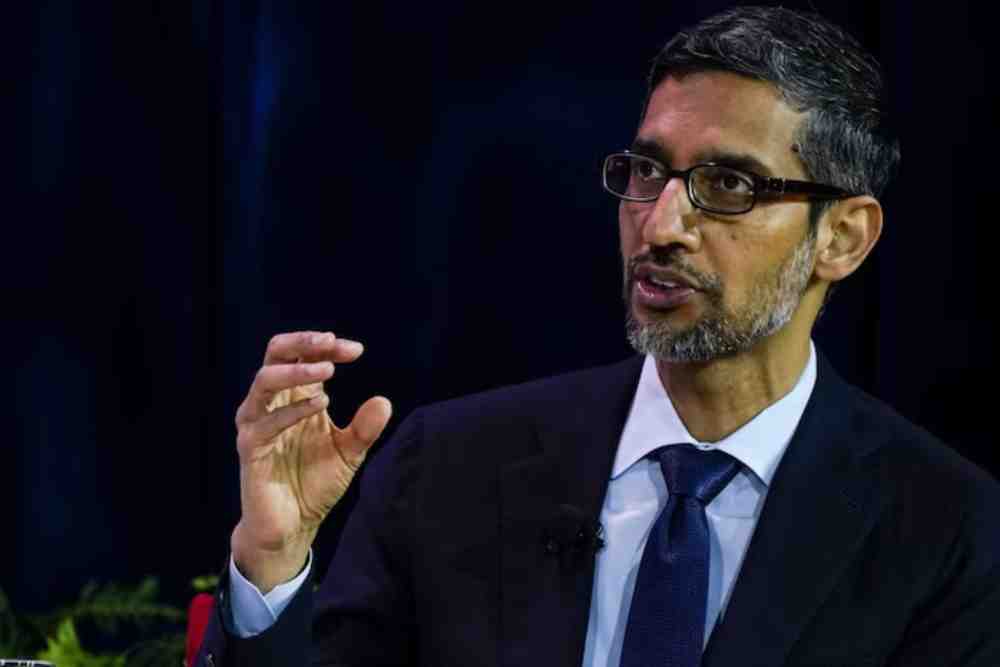
According to available reports, Pichai appeared to be confused and annoyed by the direct questions he was asked at times. In other instances, he gave the impression of a professor elucidating intricate topics to the jury of ten, who were seated mere feet away from a podium that Pichai was permitted to use due to his trouble with extended sitting.
The creator of the well-known video game ‘Fortnite,’ Epic Games, is attempting to persuade the jury that customers and software developers are being unfairly harmed by a Google Play payment processing system that takes a 15% to 30% commission from in-app purchases.
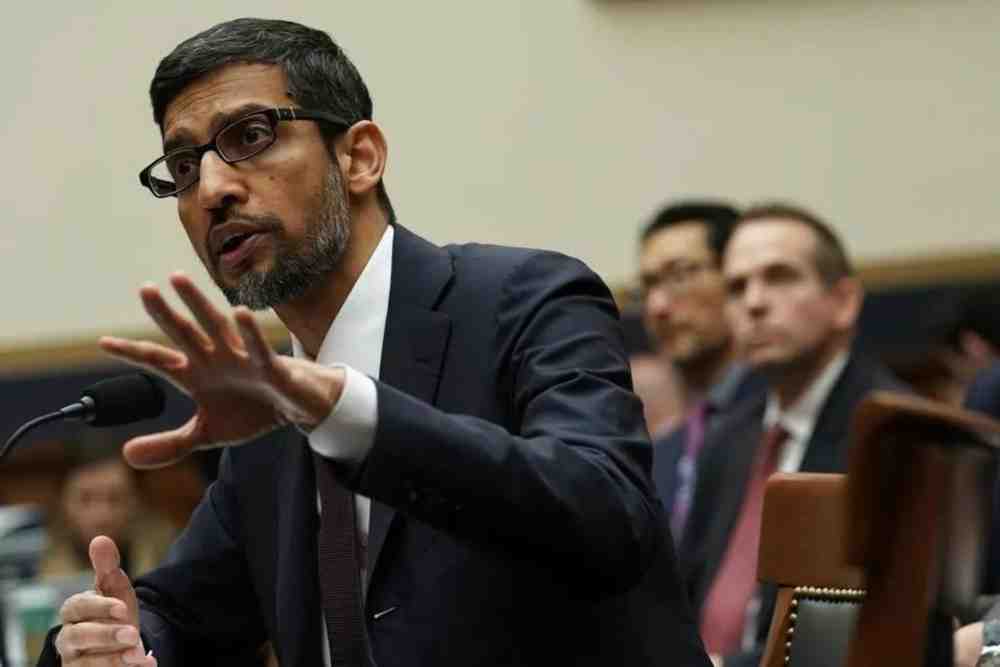
Regarding Android, which Google distributes to Samsung and other smartphone makers for free in exchange for placing the business’ search engine and other services, like its Play Store, on the handsets, Pichai stated, “We enable more affordable smartphones.” That “is very different from what Apple does,” Pichai continued. The Play Store is also under threat from Apple in other ways, since Epic Games was already defeated in a 2021 trial that focused on the iPhone app store’s payment structure.
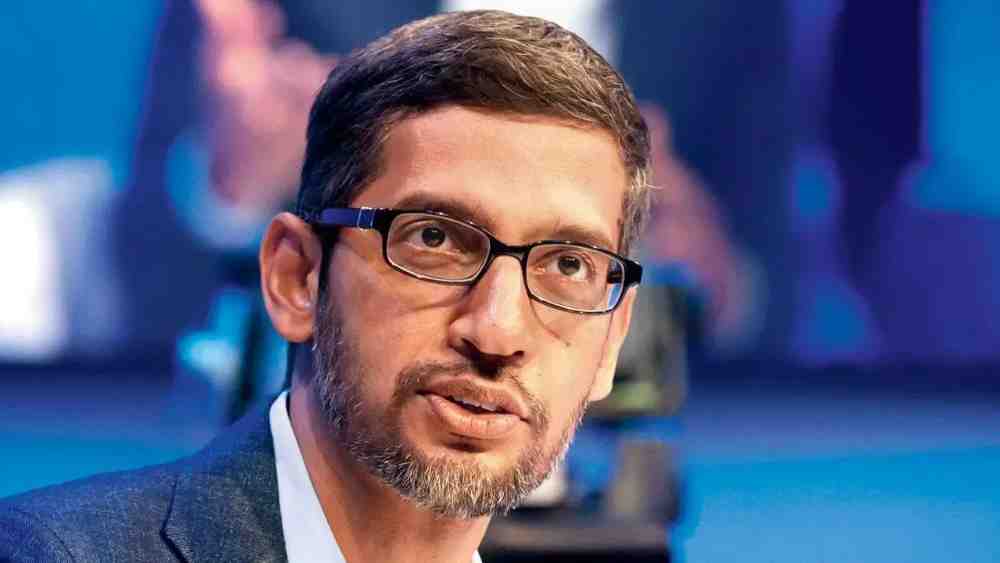
Evidence presented during Pichai’s presentation on Tuesday demonstrated Google’s enormous profit from the Play Store. For example, the Play Store made USD 4.4 billion in operational profit in the first half of 2020.
Under pressure from a Google attorney, Pichai clarified that the amount did not include the billions of dollars the company spends on the Android operating system, which makes sure consumers have alternatives to the iPhone for smartphones.
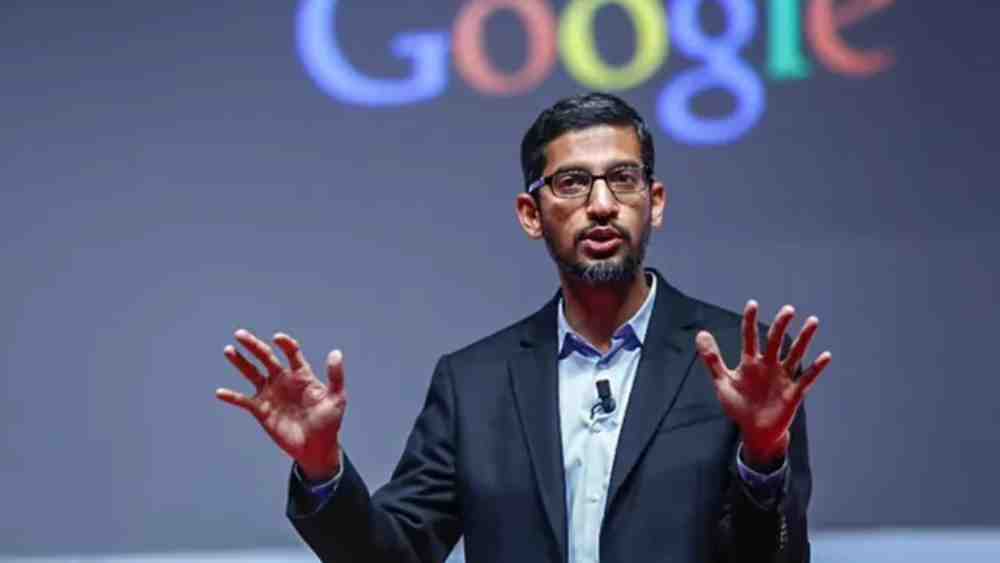
Additionally, he made note of the fact that 97% of software developers whose apps are available on Google Play don’t pay any fees at all since they either don’t sell digital products or don’t make enough money to meet the commission-triggering threshold.
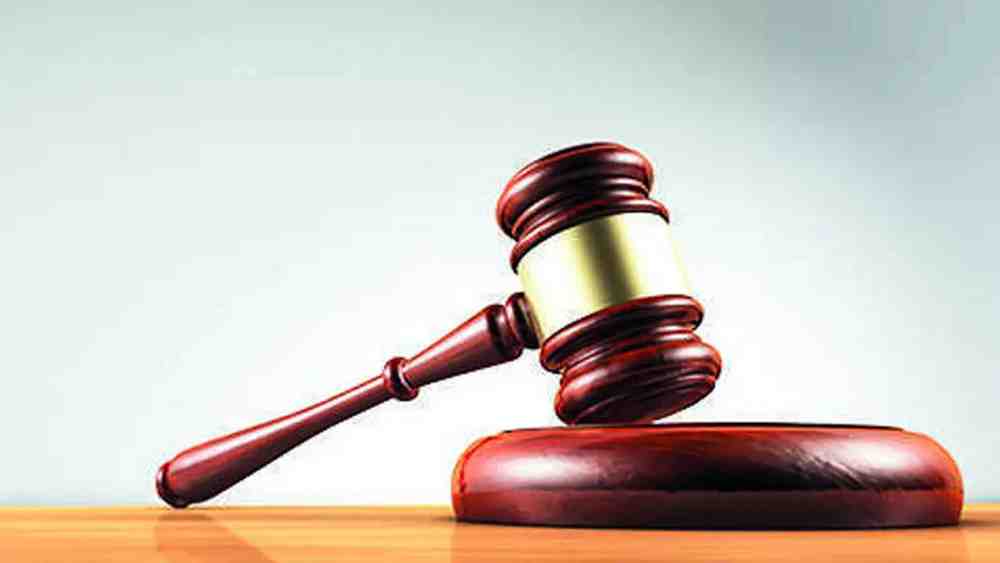
The U.S. Justice Department is reportedly claiming that Google has suppressed competition and innovation by abusing its dominant search engine, which helped launch the company in 1998. Pichai’s most recent testimony was given 15 days after he travelled to Washington, D.C., to testify in a separate antitrust trial.
